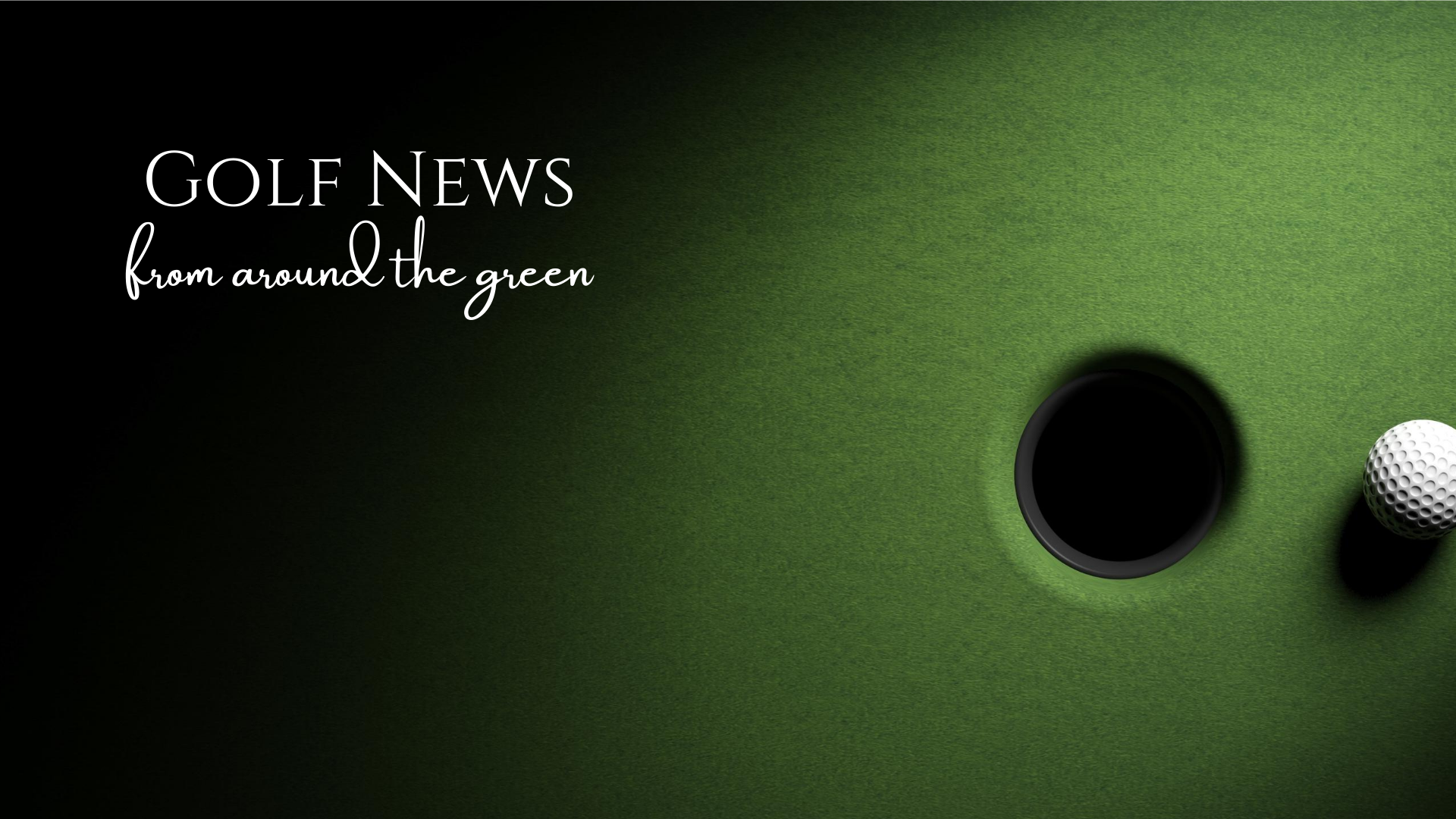Can you put a provisional back in play after accidentally picking it up?
The Rules of Golf are tricky! Thankfully, we’ve got the guru. Our Rules Guy knows the book front to back. Got a question? He’s got all the answers.
In a senior event, a competitor hit his ball into the woods and, being prudent, played a provisional to the green. He then found his original ball and played two shots with it to reach the green, where he picked up his provisional… then realized that the “original” ball wasn’t his. He returned his provisional ball to its last spot, deeming that he’d accidentally lifted it, and finished the hole, taking a two-stroke penalty for playing a wrong ball and a one-stroke penalty for lifting the provisional without marking it. Some suggested that once he picked up his provisional, it was out of play and couldn’t be returned to play, so he needed to play a new ball from the tee. Is this true? —Richard Young, Dunrobin, Ontario, Canada
“Some” suggestions should be ignored because some people know not of what they speak. Conversely, if there is a group of people who can be counted upon to be prudent, surely it is seniors.
When it comes to Rules knowledge, silver foxes are often the gold standard. Indeed, in this case, your competitor proceeded correctly according to Clarification 18.3c(2)/4—assuming he also took the stroke-and-distance penalty for the provisional becoming the ball in play.
In a stroke-play tournament with a local one-ball rule in effect, a player accidentally grabbed a different make ball for a provisional. He then found his original ball but realized his mistake when picking up his provisional. Since the provisional wound up not being used, did he avoid a penalty? —Jay Grobes, Crystal Ridge, Pa.
Sartre and Camus, the Ballesteros and Olazabal of existentialism, would have enjoyed this question, which boils down to “When does a provisional become real?”
The answer is that there’s no penalty for making the stroke with the incorrect ball since it did not become the ball in play, as supported by Interpretation 4.2a(1)/2. If, as Sartre said, “Hell is other people,” then perhaps heaven is avoiding penalties.
SOURCE: golf.com

